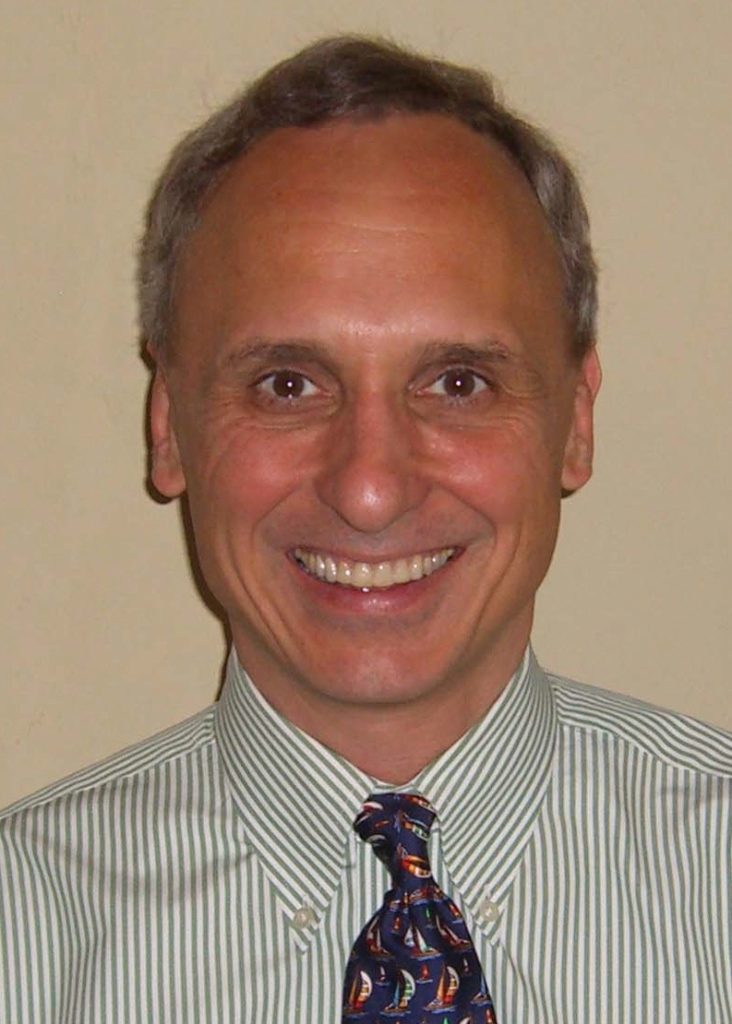Podcast: Play in new window | Download
Subscribe: Apple Podcasts | RSS
Dr. Barry Byrne is the Earl and Christy Powell University Chair in Genetics, Associate Chair of Pediatrics, Director of the Powell Gene Therapy Center, and Professor of Pediatrics and Molecular Genetics and Microbiology at the University of Florida. Barry received his B.S. in Chemistry from Denison University and his M.D. and Ph.D in Microbiology and Immunology from the University of Illinois. He completed his Pediatrics residency, cardiology fellowship training, and post-doctoral training in Biological Chemistry at Johns Hopkins University Hospital. Barry started his career as a faculty member at Johns Hopkins, and he joined the faculty at the University of Florida in 1997. Barry’s excellence in research has been recognized throughout his career through his receipt of various awards including the Faculty Research Prize in Clinical Research and the Research Professor Award from the University of Florida, as well as the Clinician Scientist Award from Johns Hopkins University. In this interview, Barry shares more about his research and his journey through life and science.
People Behind the Science Podcast Show Notes
Life Outside of Science (2:25)
When he isn’t working in the lab or treating patients, Barry enjoys spending time with his family. He also likes to get outdoors to play sports, cycle, or go hiking.
The Scientific Side (3:10)
Educating undergraduate students, graduate students, postdocs, and other trainees is a big part of Barry’s job as a scientist. He conducts research on neuromuscular diseases which may cause problems such as muscle weakness, uncoordinated movements, difficulty speaking, and heart problems. In addition, Barry is a practicing physician who treats patients with these diseases.
A Dose of Motivation (4:23)
Being able to interact with patients is very motivating for Barry, and understanding the problems these patients face helps him prioritize his work based on what matters most to them.
What Got You Hooked on Science? (7:28)
None of Barry’s family members had scientific or medical professions, but he knew even as a high school student that he was interested in these areas. Barry’s natural curiosity, combined with a particularly inspiring high school biology teacher, drove him to pursue science in college. Barry attended a small university where he majored in chemistry and was able to get hands on experience working in a lab. While there, Barry met many wonderful teachers who continued to support his passion for science and medicine.
The Low Points: Failures and Challenges (16:44)
One frustration in Barry’s field is the speed at which they can make progress and move their projects forward. He wants to find solutions for patients as quickly as possible, but the processes for developing and testing new therapeutic strategies take years. In addition, since Barry works on relatively rare genetic diseases, it can be challenging to find commercial partners who are interested in working with them to develop new therapeutics.
A Shining Success! (20:19)
One of the challenges faced by people working in drug development is that they have to be able to make enough of a therapeutic to be able to use it in the clinic. Barry’s group has developed a facility where they can make batches of drugs for rare diseases with any size patient population. They either teach a manufacturing group how to make the product or make it internally, allowing them to have access to the amount of materials needed. This has been an important advance for the development of therapeutics for rare diseases.
Book Recommendations (26:00)
The Cure: How a Father Raised $100 Million – And Bucked the Medical Establishment – In a Quest to Save His Children by Geeta Anand
Most Treasured Travel (29:44)
Barry was part of a group that was working hard to find innovative ways to build awareness for and advocate for patients with Duchenne muscular dystrophy. They decided on an epic mountain climbing challenge. The three peaks they tackled (a different peak each year) were Mt. Rainier in Washington, Grand Teton in Wyoming, and Mt. Kilamanjaro in Tanzania. It required immense mental and physical focus to do these climbs, but it was an amazing and memorable experience.
Quirky Traditions and Funny Memories (33:53)
When Barry worked in Baltimore, his group used to have a tradition of holding an annual Halloween party. Some of the therapists he works with now in Florida are avid Halloween fans, so they decided to launch their first annual Halloween party this year. Barry was looking forward to getting dressed up in costume and hanging out with his fantastic colleagues.
Advice For Us All (38:16)
It’s better to be lucky than good. Also, always have hope. Hope encourages us all to think about what is possible, and this can be powerful when paired with your aspirations and dreams.
Guest Bio
Barry is a clinician scientist who is studying a variety of rare diseases with specific attention to developing therapies for inherited muscle disease. As a pediatric cardiologist, his focus is on conditions that lead to skeletal muscle weakness and problems in heart and respiratory function. His group has made significant contributions to the understanding and treatment of Pompe disease, which a type of muscular dystrophy due to abnormal glycogen in the muscle. The research team has been developing new therapies using the missing cellular protein or the corrective gene to restore muscle function in Pompe and other inherited myopathies.
*This episode was originally released on December 12, 2016.

Leave a Reply